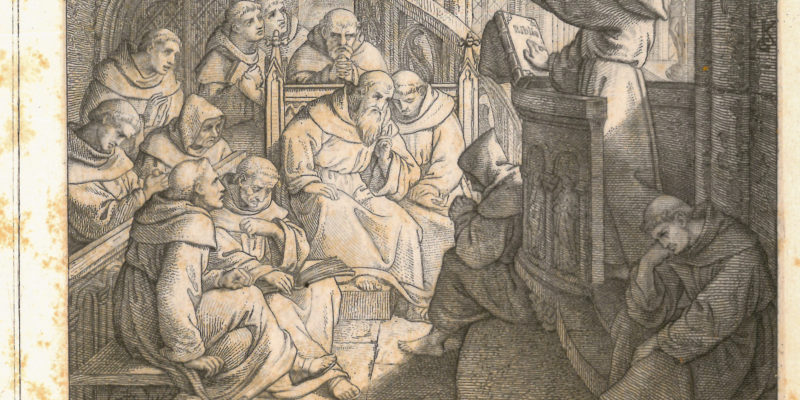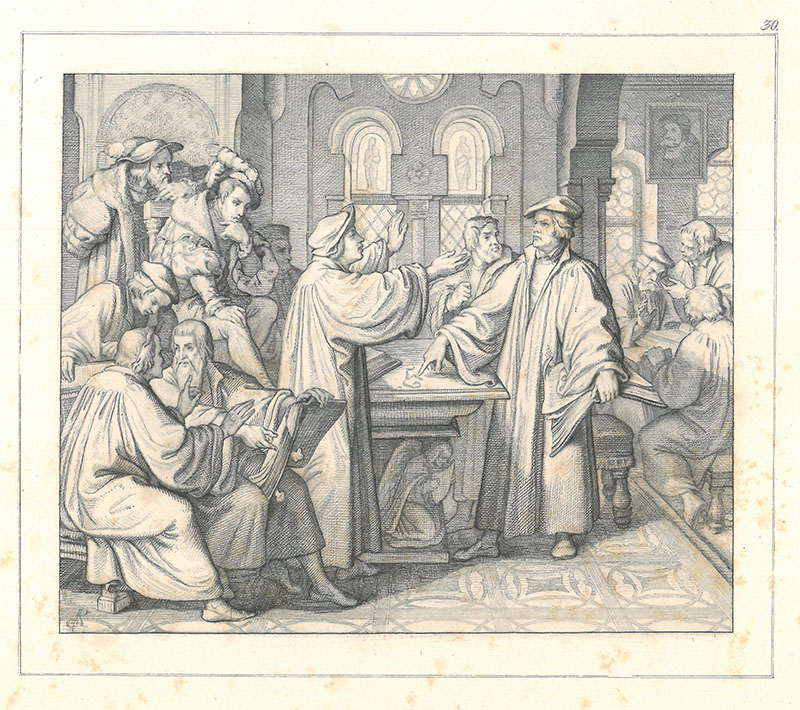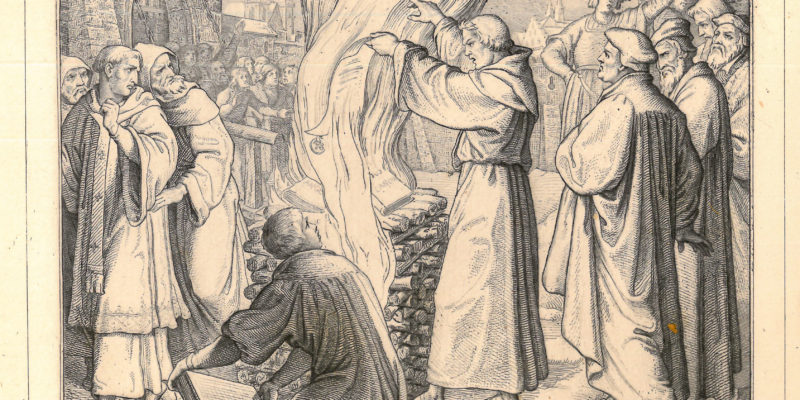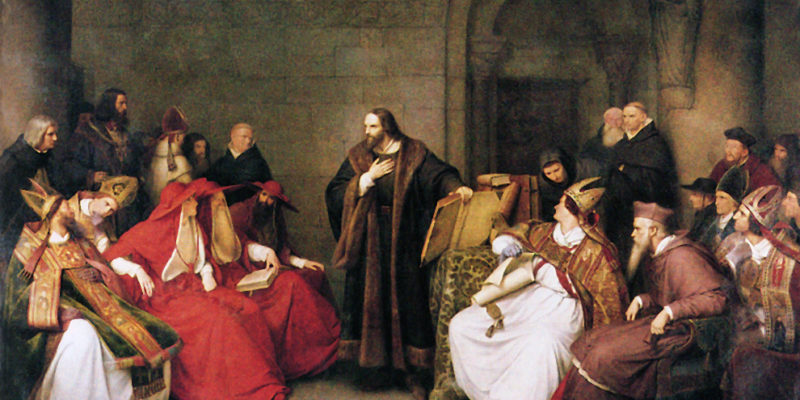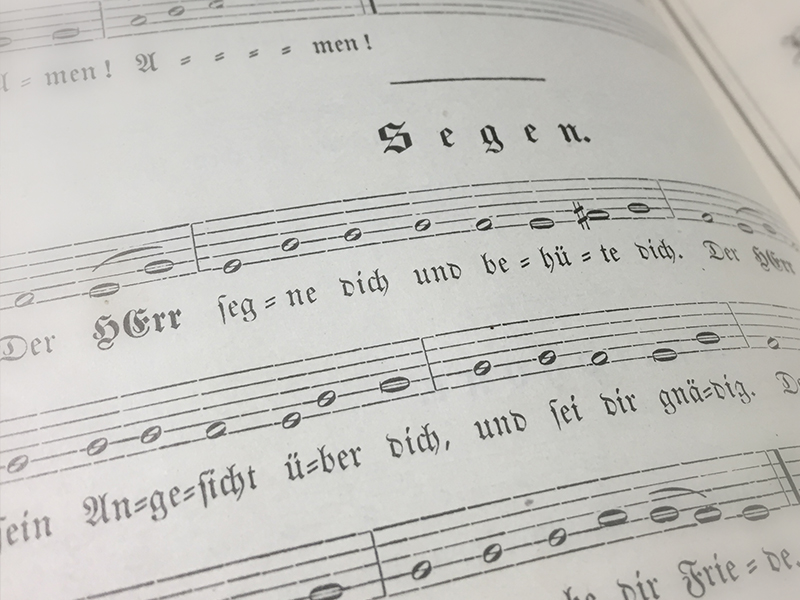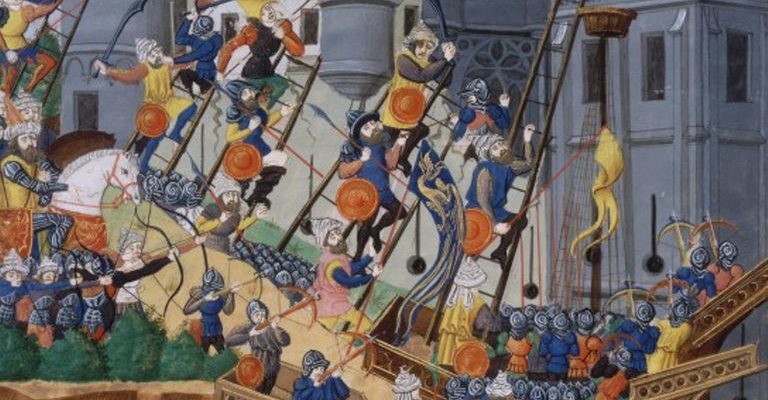For Luther, if one would lose the proclamation of the Law, one would also lose the sweet gospel which sets sinners free from condemnation. He said, “Yet it is safest to turn to a middle road, to turn too much neither to the right nor to the left. For both are dangerous, and, as I said already, for this reason also, the office of the word was instituted, that we might teach both, that is, the Law and the Gospel.”
